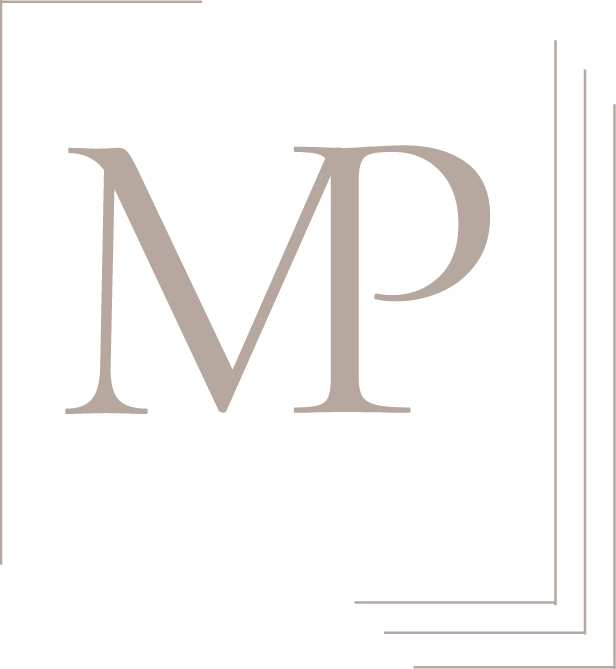Ep 504 : Setting Boundaries & Vetting Educators Online with Hope Limyansky-Smith
The internet can be amazing for connecting us all to resources we wouldn’t otherwise have access to. But it can also be absolutely overwhelming. With so many people teaching online, how can we tell who actually knows what they are doing? How do we know (especially if we decide to pay) that they are actually qualified to teach us? I’m not talking about formal qualifications and diplomas here - obviously, there are plenty of problems with the traditional structures of arts education. But at the same time, there’s additionally the sneaky problem of online education not having any sort of barrier to access - literally anyone can call themselves a teacher on the internet.
During Part Two of my conversation with Hope Limyansky-Smith, we dig into the pros & cons of being online educators and the ways in which we ourselves vet other educators we want to learn from as students ourselves. Before all of that, we also have a very important discussion on setting boundaries online both for ourselves and with each other so that we can continue to enjoy building new friendships online, which really is what makes being on social media great, isn’t it?
Listen Now:
Resources in this Episode:
Hope's Instagram - @limyanskystudios
Love this podcast?
Support an episode! Click here to learn more.
Today’s episode is brought to you by Our Sponsors:
The Rosenfield Collection of Functional Ceramic Art
The Bray Clay Shop from The Archie Bray
The Maker’s Playbook is now a part of the Brickyard Network:
Never Miss an Episode
Join our email crew for episode updates, business resources from Rebecca and monthly photo tips not shared elsewhere!




